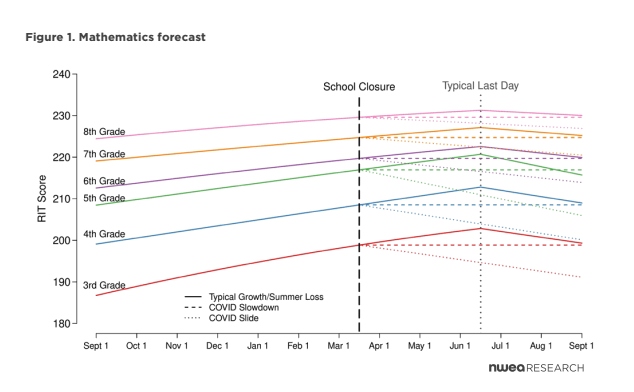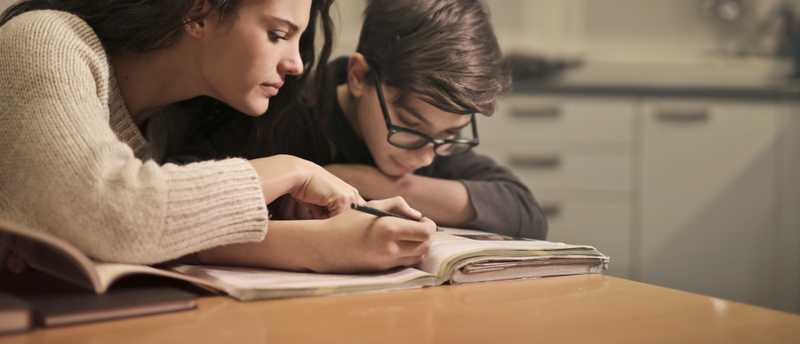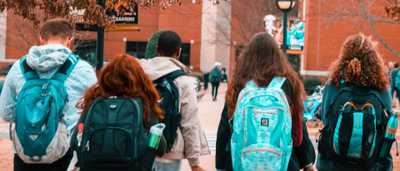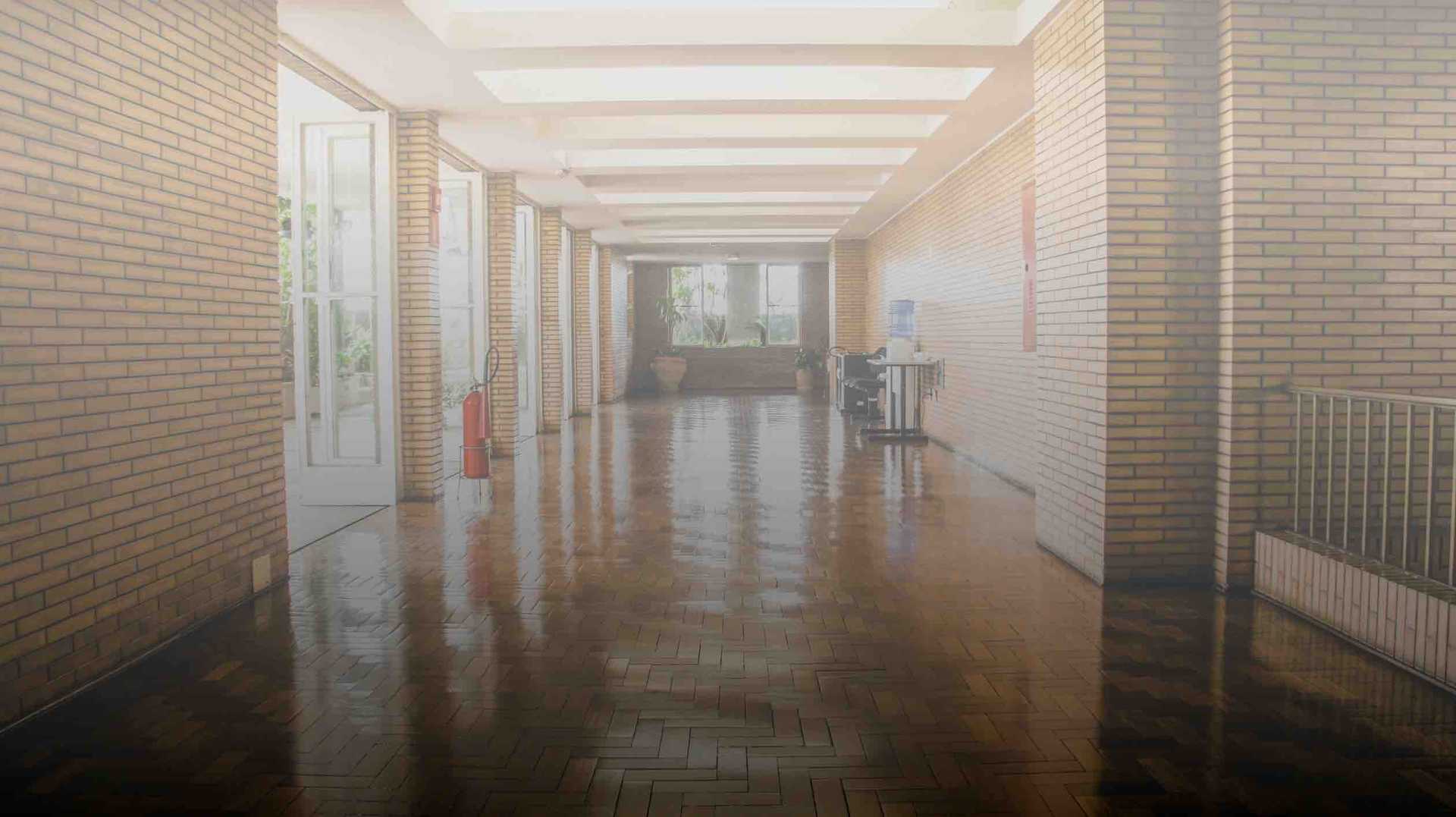Update Jan. 2021: An update on the Learning Loss has been published here.
Summer has arrived, bringing an end to our hectic, 3-month distance learning experiment. No more Zoom classes and grading by Google Docs (at least for a little bit!). It’s only natural to breathe a sigh of relief and turn our attention to warm weather and well-deserved vacation.
However, as people who care deeply about every student, we must face a tough reality—the hard work is still ahead of us!
Seasonal learning loss is nothing new. The “summer slide” is an annual worry for educators.
This is not a typical year. We could see an entire semester of learning disappear for millions of students! What will we do when we have students advancing to trigonometry when they have forgotten most of algebra? This challenge, the “COVID slide,” is what we as an education community must prepare for.
To help educators and their students address the COVID slide, this post answers:
- What does the COVID slide look like?
- How are educators working to combat learning loss?
- How can you help your school keep learning gains?
Learning Loss Explained
First, a quick refresh on seasonal learning loss. “Summer slide” refers to the academic losses that occur over the months of summer break. Most students do not take summer school classes or engage with educational activities over break. Due to the absence of academic engagement, students forget some of their previously learned material during this period (hence, the “slide”).
As with so many challenges in education, the summer slide is tied to equity gaps. Many families don’t have the resources to access summer learning resources for their students, like classes or educational camps. Moreover, districts often limit supplemental learning to those furthest behind. For example, LA Unified restricts summer school for students in need of remediation for failing.
What kind of summer slide can we expect this year? The Northwest Evaluation Association (NWEA) is a Portland-based education organization, and they’ve been hard at work predicting possible learning loss related to COVID-19. Researchers used a sample of 5 million students and mapped typical learning gains and losses over an average school year.
The big takeaway: a 30% learning loss in reading and a 50% loss in math due to the COVID slide!

“What summer learning loss can tell us about the potential impact of school closures on student academic achievement.”
The COVID slide goes beyond academic learning loss. Students are missing opportunities to engage in social-emotional learning and relationship-building with their peers and teachers. This challenge will not affect students equally. Students from lower-income families and under-resourced school districts disproportionately suffer from a lack of access to technology and supplemental learning materials. Coronavirus exacerbates this digital divide.
Fighting Learning Loss
We’re not writing this to focus on the “doom and gloom” of the COVID slide (there’s more than enough of that in our world already!). We’re here to help the education community take on this challenge.
Educators are doing inspiring things despite the learning curve that comes with remote teaching. They’re learning how to use new software and tools. Many teachers are holding extra office hours to make sure students get essential one-on-one face time. These are all great places to start in combating the COVID slide.
Below, we organized more recommendations from experts on how we can fight COVID-related learning loss.
Access to Technology
The NWEA recommends targeted investments to help narrow the digital divide. The report says providing increased access to the internet and technology...can address more nuanced instructional challenges like differentiation, accessibility, and special education needs.” We must invest in accessible technology and programs for all students. For example, the New Orleans Parish School Board approved emergency funding to support the purchase of wireless hotspots and laptops for students without reliable access to learning technology.
If there isn’t help available from the state and district level, many national internet providers are making their services free or subsidized for low-income families and students. Here’s a roundup of the top providers and information for gaining internet access.
Summer School
Chances are that if you ask a student about summer school, they may respond unfavorably. Why would I want to go to school during my break? When you bring it up with parents, they worry about remediation and if their children are falling behind. More often than not, summer school is mistakenly seen as punishment! The truth is, summer learning programs can be impactful, enriching, and fun. Free, widely-accessible summer school and activities are going to be necessary for keeping learning loss from worsening.
Whether implemented at a district level or offered through private institutions, all students will benefit from more structured education ahead of a return in the fall.
At-Home Enrichment
Major education companies across the country responded swiftly to school closures and made their resources available online for free or at a reduced cost. Here’s a list of over a dozen learning supplements serving students in Kindergarten through college in all core subjects. Highlights include:
- McGraw Hill virtual textbooks and practice packets for math, science, language arts, and social studies
- CK-12 virtual textbooks, videos, and quizzes on subjects including sociology and languages
- Curriculum Associates downloadable practice packets and at-home learning guides in English and Spanish
- Mindful.org meditation exercises to help students and families build healthy social-emotional routines
When Will School Come Back?
No one knows when the new school year will start or if summer school can take place in person. California’s government remains hopeful for a 2020-2021 academic school year that starts early in July, with students returning to classrooms after six months away. New York Times science and health reporter Donald G. McNeil predicts that schools may begin experimenting with reduced class sizes and staggered scheduling. Half of a student body may spend two weeks at school while the other half learns at home. Then, they will switch in the following weeks.
It’s too early to tell what will happen across the United States. Though it can be difficult to find light in the darkness as we experience a global hardship, there is an opportunity here to rethink modern education. Particularly, the chance to invest in equitable solutions that provide equal opportunity for all our students.
An update on this article can be found here.
Yup for Schools brings math learning to students at scale. Get in touch here to learn more about how Yup is empowering students in this difficult time!




